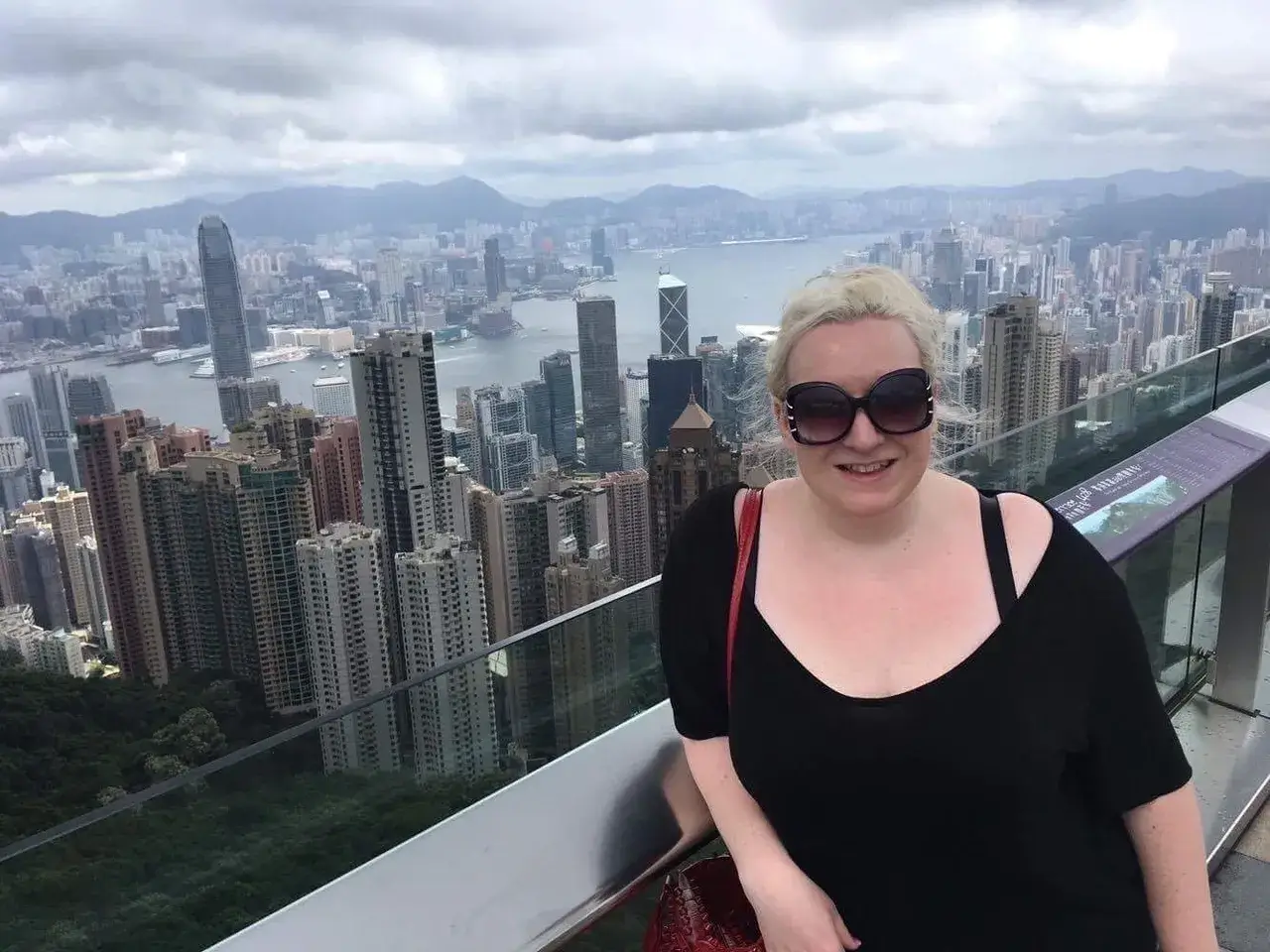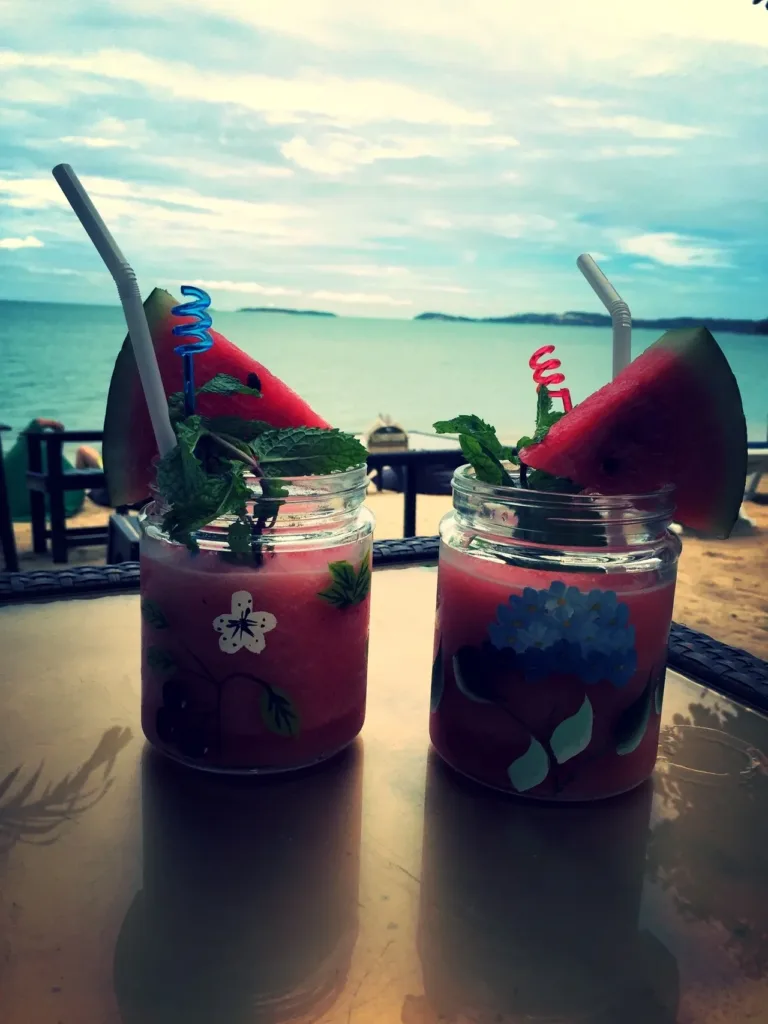By Dr Jill Dunbar, Clinical Psychologist & Regular Contributor
Picture the scene – you have vacation time coming up and are beginning to contemplate where you might go. Perhaps you pick up a travel magazine or have a scroll on Instagram. Maybe you think about places that friends or family members have been and recommended to you. Maybe you have a pre-existing bucket list of all the places you would love to visit and start thinking about which one you could choose.
Often in the media destinations are sold as one of two extremes – pure relaxation or fast-paced and adventure filled. I’m sure you can picture the adverts now. The relaxation holiday has the inevitable clips of a heteronormative couple slowly walking down the beach at sunset, laughing, care free, happy to lie on a sun lounger for hours with no intrusive thoughts about work or life stress.
The alternative holiday would likely be a group of friends running around a beautiful European city, taking in every popular sight in what seems like one day, skipping through tiny streets, meeting locals, trying all the new delicacies, with a general vibe of manic excitement, happiness and maintained high energy throughout.
Now call me a cynic, but I have never had either of these experiences for an extended period of time. Yes I have walked down a beach at sunset, or lay still for a couple of hours reading a book. I have spent an afternoon seeing tourist sights in cities, and going to museums or cathedrals and trying new things, but there was definitely considerably less giggling and trying on random hats for hilarious photos than I would have anticipated had my expectations been based on the media.
There is nothing inherently wrong about the way travel is portrayed on social media if we take it all with a pinch of salt. Advertising is all about focusing on select aspects of a product and generally amplifying these to seem like this is the one thing that has been missing all our lives – we know this!
But this has led me to reflect on our expectations for travel and how this may influence how we make our travel plans and decisions. I believe it is important to not only research the destination that you hope to go to, but to also take time for self reflection and consider what you want to get out of this trip. What do you need and how can you as an individual try to ensure that you find the best fit for you? How much relaxation and adventure do you want, and how can you find your ideal balance?

Dizzy Hong Kong Heights
What does relaxation mean to you?
Relaxation can be understood as the absence of arousal. This could range from higher level “negative” emotions such as anger or anxiety, or stronger “positive” emotions such as excitement or astonishment. As with all things, emotions tend to occur on a continuum and there can be huge differences between individuals in terms of what triggers higher arousal. One person could find it relaxing and peaceful to go on a long hike, while another may experience this as exhilarating or challenging, which would in turn increase arousal levels.
It is important to know yourself as an individual and what your true reactions are to certain stimuli. Try not to compare yourself to friends, or indeed influencers, who may tell you that a certain place or activity is where you will find pure relaxation. Have a think about times when you have felt truly relaxed and what were the specific elements of these times that led to that decrease in arousal. Were you alone or with trusted companions? Were you outdoors or indoors? What was the temperature? Were you engaging in an activity or enjoying quiet time? Of course there are many variables that can lead us to a state of relaxation. The purpose of these reflections is not to encourage rigidity in your travels, rather to begin to truly understand your preferences.
Finding peace on the beach in Thailand
What does adventure mean to you?
Adventure is generally underpinned by uncertainty. This could mean that you go sky diving and there is an uncertainty that you will survive, or that you go exploring a new area of town that you are unfamiliar with and are uncertain what will be there or what you will find. That is quite the range of experience! Clearly the idea of an adventurous holiday could conjure up the imagining of vastly different things for different people. So how can we find out what our own individual sense of adventure is and how far do we want to push ourselves?
Let’s first start with getting curious about yourself – what fires you up? Are you seeking an adrenalin rush or a sense of achievement? Do you yearn to do something new or out of your comfort zone? Do you want to learn a new skill or push yourself to test your physical or mental limits?
A sense of adventure does not have to be extreme, and the craving for something new can be satisfied through a variety of means. Consider what new experiences may be available to you and attend to what gives you a reaction of excitement at the thought of giving it a go.
Exhilarating boat ride in Bangkok
The Beauty of Balance
One of the main things I have learned from both life and travelling experiences, and also in my work as a psychologist, is that there is beauty and sustainability in balance. While we may feel that we yearn for total relaxation, there is a danger that too much low arousal time will result in boredom and a lack of appreciation for the peace. Similarly, if we seek too much stimulation at once, our nervous system cannot sustain those high levels of arousal which can either lead to a crash in our energy or a general blunting in our experience of a situation which we anticipated to be exhilarating.
Again, as with everything else we have discussed, we will all have our own individual thresholds and optimal states of balance. Our needs can also fluctuate on a daily basis, meaning that perhaps a day that you planned to be an adventure day may actually be best suited to more relaxation. Flexibility and checking in with yourself is key for achieving a good balance for yourself.
Searching out Macau delicacies in the pouring rain
Travelling companions – are you on the same page?
Considering how differently individuals can experience the same situation, it is important to understand your travelling companions before setting off on a trip together. Of course we cannot expect every person in a group to be on exactly the same page in regards to their specific hopes and goals for a trip, however it would certainly be helpful to hold some understanding of everyone’s expectations and preferences in order to achieve a fair balance for everyone. Do keep in mind the benefits of flexibility when it comes to travelling with someone else. Having a travelling companion can help to expand your comfort zone and try out new things, and so while it is helpful to know yourself and your preferences, don’t allow these to rigidly limit your experience. Once again, it’s all about balance!
Next week I am really excited to share with you a new destination guide to a place where I felt I achieved true balance of relaxation and adventure during my trips there. I wonder if you can guess where it is?
If you liked this article check out What are the psychological benefits of travel?

